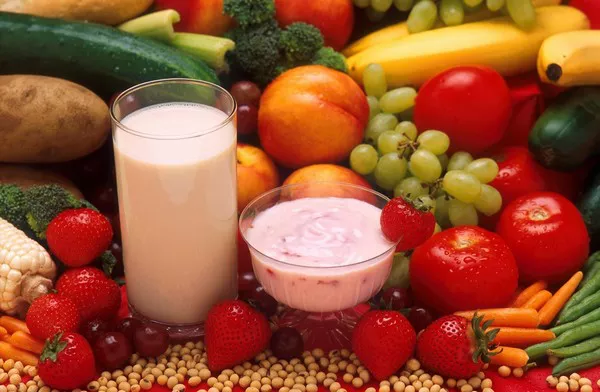Losing excess abdominal fat is one of the biggest weight loss challenges. Diet and exercise habits significantly influence belly fat. In particular, research shows that consuming enough high-quality protein helps target fat loss in the midsection when combined with an overall balanced diet and regular exercise.
What role does protein play in reducing stubborn belly fat? How much protein should you aim to eat daily? Here is what science says about protein’s effects on trimming down love handles and reaching a leaner waistline.
Why Belly Fat Is Unhealthy
First, it’s important to understand why belly fat is dangerous in the first place. Subcutaneous fat lies under the skin all over the body. The stomach area specifically contains visceral fat surrounding the organs.
Visceral belly fat secretes inflammatory hormones and chemicals that increase risks of:
Heart disease
Type 2 diabetes
High blood pressure
Certain cancers
Measuring waist-to-hip ratio estimates visceral fat levels. Losing abdominal fat through diet strategies like sufficient protein intake and exercise provides major health benefits.
Protein Increases Metabolism
One reason protein assists fat loss is it temporarily speeds up your metabolism through diet-induced thermogenesis. Digesting and metabolizing protein burns more calories than carbs or fat.
If you eat 100 calories of protein, you burn 20-35 of those calories during digestion. Over time, this small metabolic boost contributes to fat loss when eating moderately higher protein.
Plus, your body uses more energy metabolizing calorie-burning lean muscle versus fat. Protein builds muscle, shifting your composition towards more metabolic muscle and less fat as you drop pounds.
Protein Reduces Hunger and Cravings
Another way protein optimizes belly fat burning is by controlling hunger and appetite between meals. Protein is the most satiating macronutrient, keeping you feeling fuller longer. Diets higher in protein result in reduced calorie intake and less late night snacking.
Protein also regulates appetite hormones like leptin and ghrelin for better satiety. Your body feels less urge to overeat with sufficient protein intake, making it easier to maintain a calorie deficit.
Protein Preserves Muscle in a Calorie Deficit
When losing weight, you want to maximize fat loss while retaining lean muscle. Unfortunately, being in a calorie deficit breaks down existing muscle for energy.
Higher protein provides amino acids that spare muscle loss, allowing your body to mostly burn fat as it creates a deficit through diet and exercise. Preventing metabolic slowdown lets you lose more weight from body fat rather than muscle.
How Much Protein to Lose Belly Fat?
Research suggests eating 0.7-0.9 grams of protein per pound of body weight daily to get these fat loss benefits. For a 140 pound person, that equals around 100-130 grams of protein.
Spread protein intake over 3-4 meals with 25-40 grams per meal. Consuming sufficient calories still matters, as does lifting weights to build calorie-burning muscle. But optimal protein accelerates fat loss.
Best Protein Sources
Focus on these high-quality proteins from whole foods:
Chicken, turkey, lean beef, fish
Eggs and egg whites
Greek yogurt
Milk and cheese
Beans, lentils, peas
Nuts and seeds
Soy foods like tofu and tempeh
Protein powder
For best results, eat a mix of plant and animal proteins to get all essential amino acids. Time protein intake around workouts and mealtimes for enhanced fat burning all day long.
Other Lifestyle Factors
While protein facilitates belly fat loss, other key lifestyle factors work together to pare down abdominal fat:
Strength training to build lean muscle
Moderate cardio for calorie deficit
Portion control and calorie deficit
Adequate sleep and stress management
Hydration and nutrition optimization
By combining higher protein intake, reduced calories, active lifting, cardio exercise and healthy habits, you can effectively shed stubborn belly fat. Be patient and stick with this comprehensive approach for long-lasting results.
Conclusion
In summary, research confirms protein provides major benefits for reducing dangerous belly fat as part of a balanced lifestyle. Consuming more nutritious, protein-rich foods optimizes your body’s ability to burn fat by boosting metabolism, controlling hunger, retaining lean muscle and protecting metabolism. Make protein a priority at meals and snacks to amplify belly fat loss.


